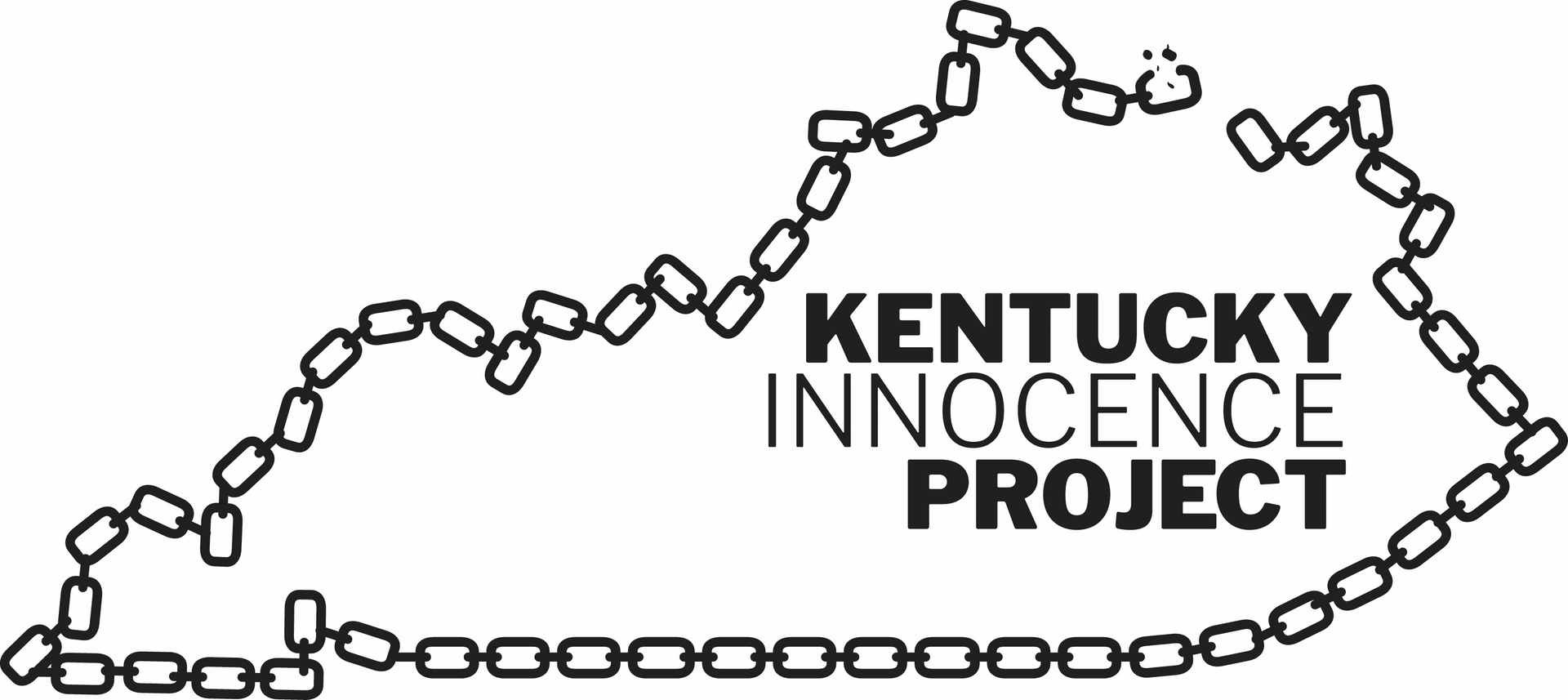WRONGFUL CONVICTIONS
About Wrongful Convictions
Wrongful convictions are cases where a person has been found guilty of a crime they did not commit. This can occur due to various reasons such as eyewitness misidentification, false confessions, government misconduct, inadequate legal representation, and junk science, among others. The consequences of wrongful convictions can be devastating, leading to long-term imprisonment, loss of personal and professional opportunities, and damage to reputation. The fight against wrongful convictions is a complex and ongoing effort, as there is still much work to be done to ensure that justice is served for all people.
F E A T U R E S
Reasons for Wrongful Convictions
Eyewitness Misidentification
This is the leading cause of wrongful convictions and occurs when an eyewitness misidentifies the perpetrator of a crime.
False Confessions
Sometimes individuals confess to crimes they did not commit due to psychological pressure, fear, or lack of understanding of the legal system.
Government Misconduct
This can include misconduct by police officers, prosecutors, or forensic scientists.
Inadequate Legal Representation
People who cannot afford a lawyer or receive inadequate legal representation are more likely to be wrongly convicted.
Junk Science
The use of unreliable or unscientific methods to obtain evidence or testimony can contribute to wrongful convictions.
Unreliable Statements & Incentivized Informants
According to the Innocence Project, 15 percent of all wrongful convictions later cleared by DNA testing featured false testimony by jailhouse informants.
Wrongful Convictions & Police Investigations
We use DNA testing and other legal methods to exonerate individuals who have been wrongly convicted and work to reform the criminal justice system to prevent future wrongful convictions.
